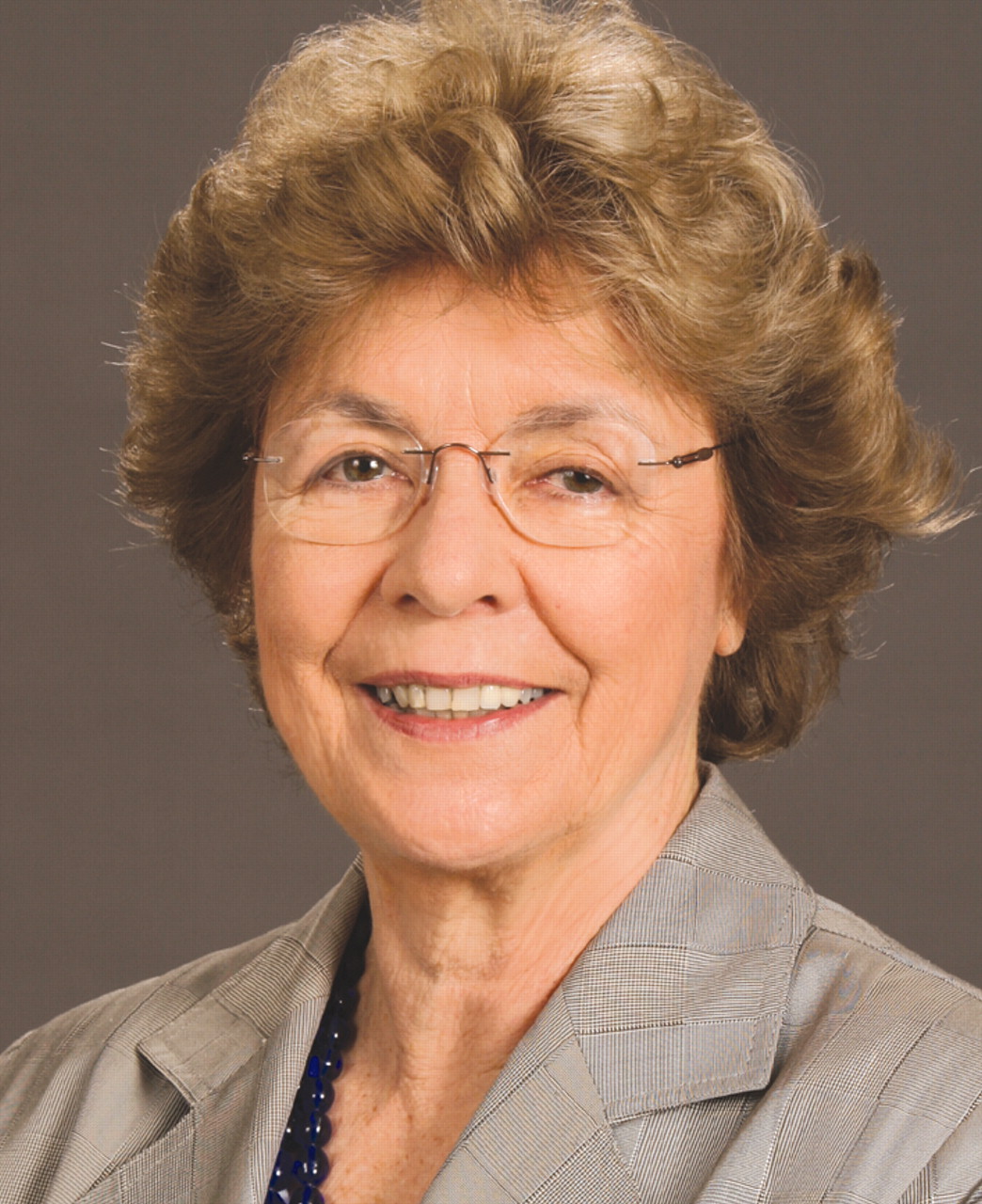If Not, Why Not?
If you have not been reacting to DGR’s appeals, don’t stop reading just yet. Many members are active advocates, but far fewer than we need. Why? The shortage of responders certainly does not reflect the depth of concern that we all have about the crumbling mental health system and the urgent need for renewal, reform, and change.
The answer may lie in the persona of those of us who chose to go into medicine. Most of us became physicians because we want to treat patients. We didn’t enter politics; we chose medicine—we want to heal the sick, relieve physical and emotional suffering. Lobbying our legislators or leading a march to the steps of Congress is not in our job description; in fact, to some colleagues those roles seem to be discomforting or unseemly.
Early in my professional life, I believed APA should concern itself with treatment and education, not politics. While in this state of political naiveté, I was fortunate to be invited by a senior colleague in the department of psychiatry at the Los Angeles County/USC Medical Center to come along while he paid a visit to the local congressman. Influence and education were needed to block damaging reductions in local funding. The meeting was a revelation. The congressman was gracious and welcoming, but he knew very little about the mental health system, including its precarious funding and how it functions in the treatment and care of emotionally ill children, adolescents, and adults. The news of the adverse effects of depression in the workplace and its alarming impact upon families and the community and the ultimate economic costs to business and to the states’ tax revenues illuminated his thinking about the psychosocial consequences of disability. Our mantra that mental illness is diagnosable and treatable and that its treatment is cost-effective was surprising news for him. He listened carefully to this detailed exposition by my psychiatric political mentor. In the days ahead, needed changes occurred in the political process guided by our congressman.
The meeting helped me to recognize that legislators are receptive to being, indeed in many cases are honored to be, sought out personally by informed physicians. Often you can assume that our legislators are uninformed about psychiatry and psychiatrists, but they are willing to learn. Of course, they want to win their next election, but they also want to be constructive along the way.
Since they may ask hard questions, we need to be prepared. A colleague recently described the following reaction from a legislator: “Doctor, I understand your position about proposed Medicaid cuts, but we have a serious budget shortfall. Where else in the budget would you suggest we make cuts to preserve the Medicaid funding for mental health? Education? Firefighters? Police? Roads? We have to cut somewhere.”
“What should I have said?,” asked my colleague.
My reply to the congressman might have been: “Yes, you do have a very real, very serious problem. I can’t tell you where to cut; however, I can tell you that if you cut the mental health/Medicaid budget, you are going to face a far worse problem. You will have a worse problem in the streets, because there will be a major increase in homelessness, and the police force will need to be reinforced and taught to handle the problems caused by the severely persistently mentally ill who are not receiving treatment. The disintegration of the failed treatment system will affect every stratum of the community.”

